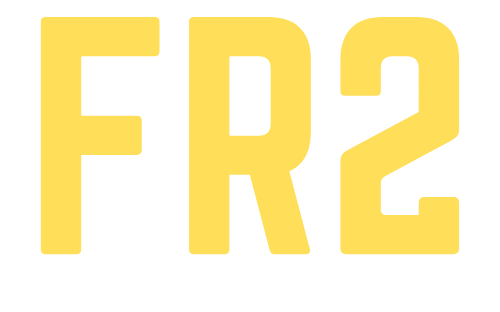FR2 has a large active repertoire list, that you can find here. Some pieces found their way to their first CD, that came out in June 2021 on the Aeolus label.
You might wonder where the origins of this CD lie. The first ideas probably came while we were high in the sky, between two continents. Either one of us could have said, “Maybe some time we should…?”
And so we started by playing through two libraries of duet repertoire, narrowing the long list down to the best, the most interesting and the pieces that fit us and our instruments best.
There aren’t many recordings with two equal instruments or recorders. You more commonly find recorder quartets, quintets, or solo repertoire, with or without accompaniment. This said, over the centuries there has always been a rich tradition of composing duets, from the prudent polyphony in Musica enchiriadis, through the many bicinia and musical riddles in the Renaissance, the galant sonatas of the Baroque, the Romantic duets of the 19th Century and then through to the melting pot of styles of recent times. Our aim was to try to reflect it all in this CD. We looked for variation and connections within different styles and eras and we put together a CD of duets that manages to bring to life the story of the duo through the ages.
We have published the sheetmusic of most pieces on the CD. These are available through our shop.
The CD tracklist is as follows:
Johann Sebastian Bach (1685-1750): Toccata & Fugue BWV 565
Georg Philipp Telemann (1681-1767): ‘sonata’ from 36 Fantaisies pour le clavessis
Giuseppe Sammartini (1695-1750): Sonate Op. 6/III
Stefan Franz (1785-1850): Grand Duo: Allegro vivace (transcription Nik Tarasov)
Marc Mellits (°1966): Black (2008)
Ralph Vaughan Williams (1872-1958): Suite for two Pipes°
Glen Shannon (°1966): Slingshot (2020)*
Sören Sieg (°1966): The Dervish and the Devil (2019)*
Anonymous: Stella Splendens (Llibre Vermell de Montserrat (ca. 1400)
Anonymous: A que por mui gran Fremosura (Cantigas de Santa Maria, n. 384 (ca. 1270))
Rhia Parker (°1987): Cantigas I
Munich, Bayerische Staatsbibliothek, Mus. MS. 260 (ca. 1540): 4 Agnus Dei settings
Anonymous: Cancionero de Upsala (1556): 3 instrumental duets
[all transcriptions and arrangements are by FR2, unless otherwise stated]
Read the review by Tom Bickley in American Recorder Magazine Winter 2021 here.
